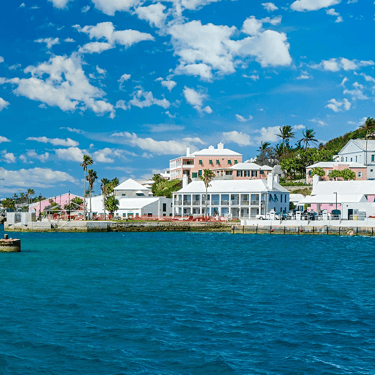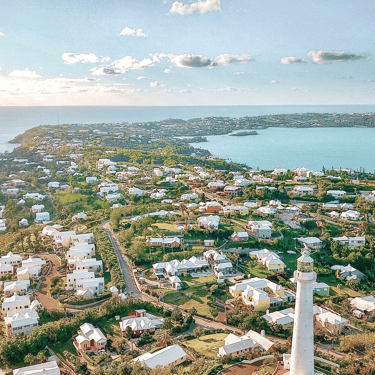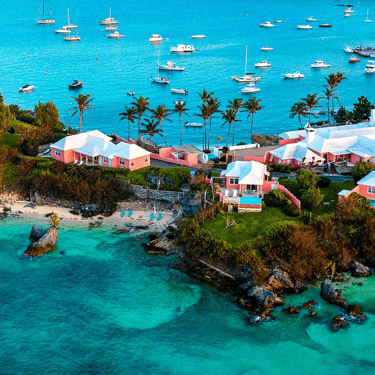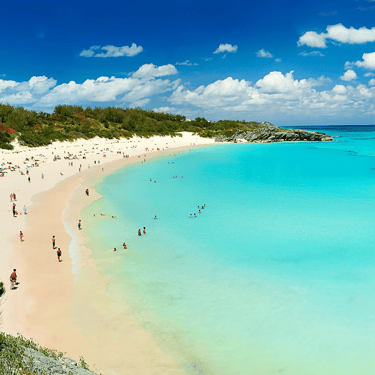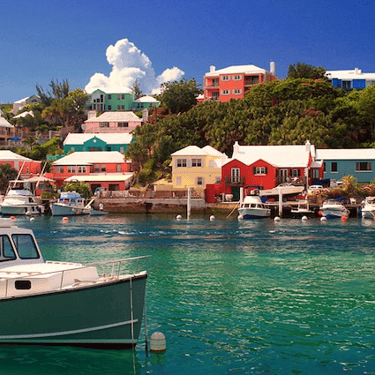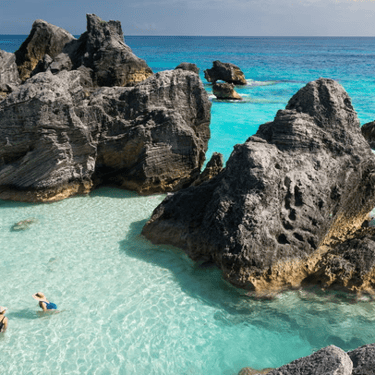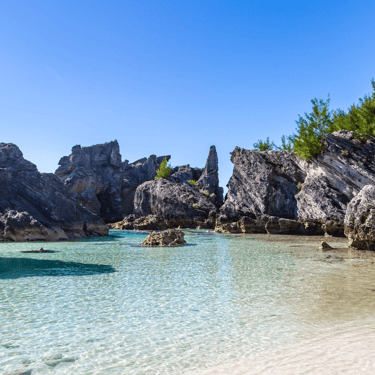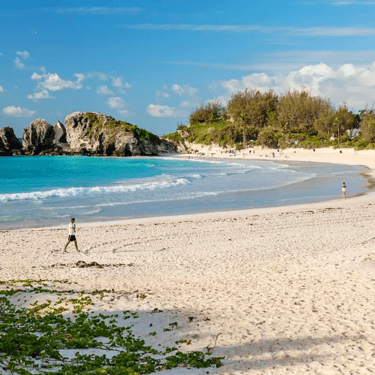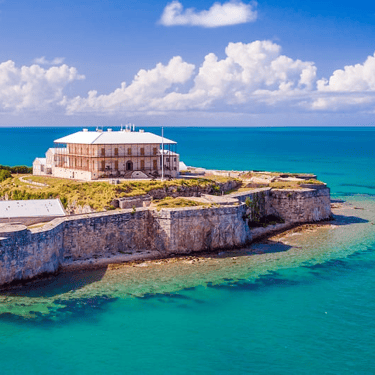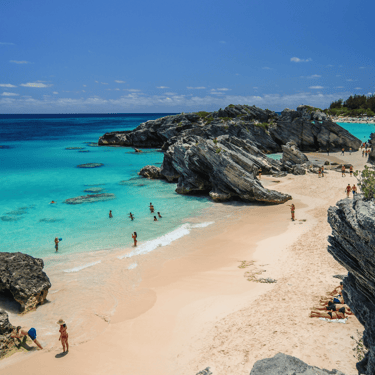
Bermuda
General information
Bermuda, a group of over 130 islands and islets, lies 1,046 km east of the coast of North Carolina. The total land area is 54 sq km.
The warming effect of the Gulf Stream makes Bermuda the most northerly group of coral islands in the world. Small surviving areas of natural habitat support 14 endemic plants and the Bermuda Cahow, the only endemic bird in Bermuda.
Approximately 54 per cent of the population are of African descent and the remainder of European extraction (including expatriates).
Portuguese settlers from the Azores have been coming to Bermuda for about 150 years.
Governance
Bermuda is Britain’s oldest territory and its Parliament, which first met in 1620, is the oldest legislature in the Commonwealth outside the British Isles.
It is a largely self-governing territory with a high degree of control over its own affairs. The Governor retains responsibility for external affairs, defence, including the armed forces, internal security and the police.
Bermuda has two legislative chambers, the House of Assembly and the Senate.
The Premier is the head of government.
Economy
Offshore finance (especially reinsurance) and tourism are the main pillars of the economy.
There are more than 15,300 Bermuda-based international companies, 2650 local companies, 430 overseas partnerships and 940 other non-resident companies, many with a global business empire.
They include subsidiaries of 75% of the Fortune 100 and their European equivalents. In insurance and reinsurance, Bermuda has an industry capital base exceeding US$35 billion and gross premiums of US$24 billion.
It ranks with Lloyds of London and New York as a global leader.
Tourism accounts for 15 per cent of Bermuda’s overseas earnings. There are few natural resources and little manufacturing activity.
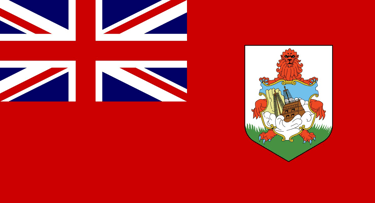

Flag
Location

Bermuda – wildlife and heritage
Key facts
> Currency - Bermuda Dollar (parity with US$)
> Population - 63,913
> Capital - Hamilton
> Government Website - http://www.gov.bm
